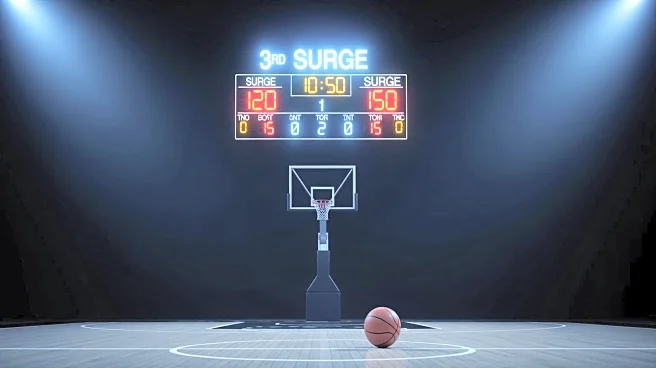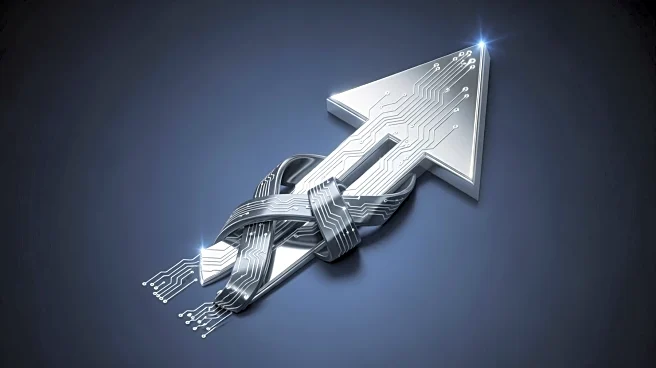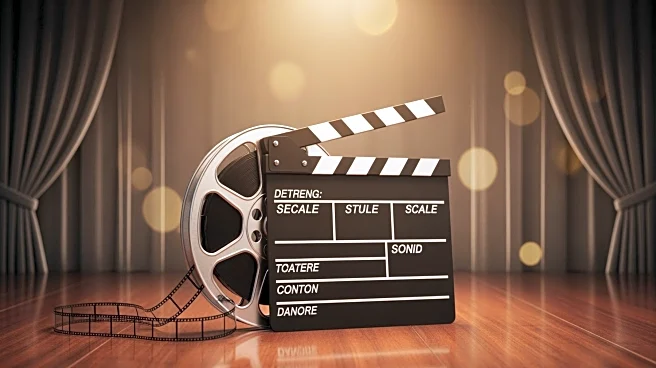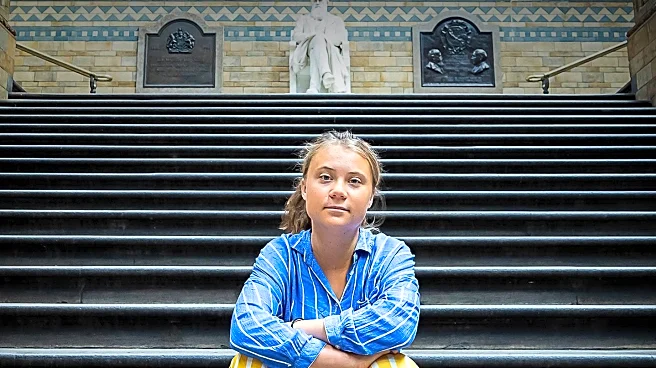What's Happening?
Real Madrid is contemplating a significant shift in its ownership model, potentially seeking external investment. This development comes as club president Florentino Perez is expected to discuss the proposal
at an upcoming members' meeting. Historically, Real Madrid has been owned exclusively by its members since its foundation in 1902. The proposed change could involve splitting the club into two entities, separating the football operations from the business side, while still keeping the socios technically in charge. Meanwhile, the club is dealing with several player injuries, including Franco Mastantuono, Antonio Rudiger, and Aurelien Tchouameni, which may affect their upcoming match against Elche.
Why It's Important?
The potential change in Real Madrid's ownership model could have significant implications for the club's financial strategy and governance. By inviting external investment, Real Madrid may gain access to additional resources, potentially enhancing its competitive edge in international football. However, this move could also alter the traditional member-owned structure, impacting the club's identity and decision-making processes. Additionally, the injuries to key players like Rudiger and Tchouameni could affect the team's performance in upcoming matches, influencing their standing in La Liga and their ability to maintain their lead over rivals like Barcelona.
What's Next?
If the proposal for external investment is presented at the members' meeting, a subsequent extraordinary meeting may be called to vote on the change. This decision could lead to a restructuring of the club's operations, with potential impacts on its financial and competitive strategies. On the field, Real Madrid will need to manage player injuries carefully to ensure readiness for upcoming matches, including their game against Elche. The club's ability to adapt to these challenges will be crucial in maintaining its position at the top of La Liga.
Beyond the Headlines
The consideration of external investment raises questions about the balance between tradition and modernization in football club management. Real Madrid's move could set a precedent for other member-owned clubs, prompting discussions about the sustainability and evolution of such ownership models. Additionally, the handling of player injuries highlights the importance of sports medicine and recovery protocols in maintaining athlete performance and team success.









